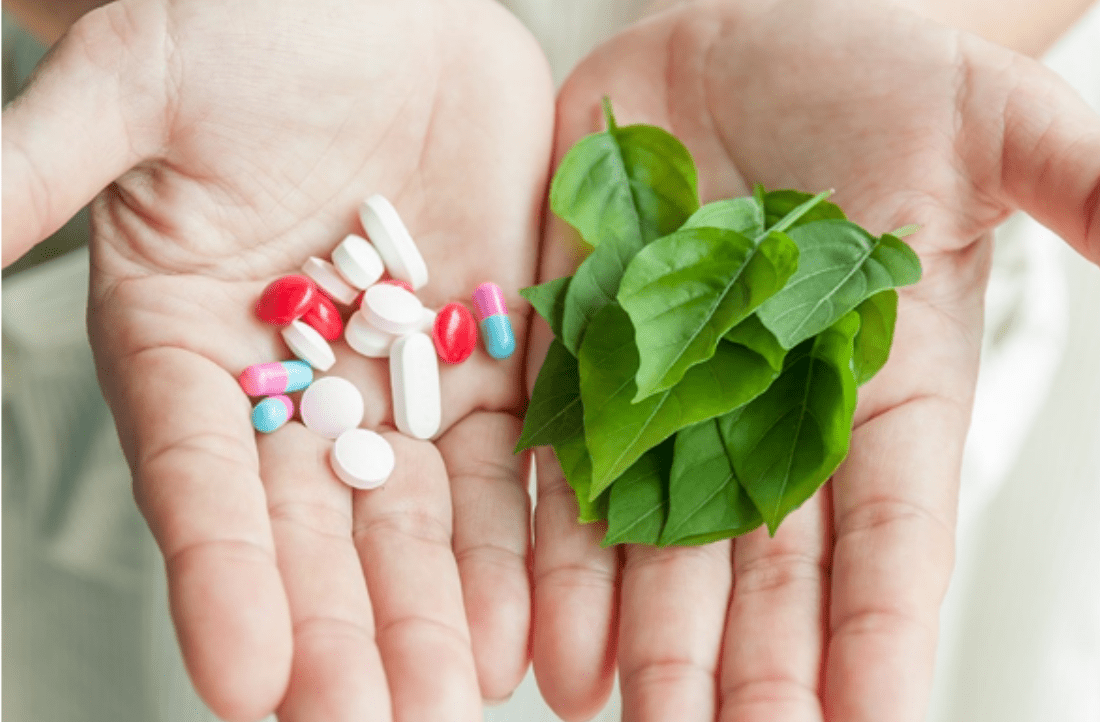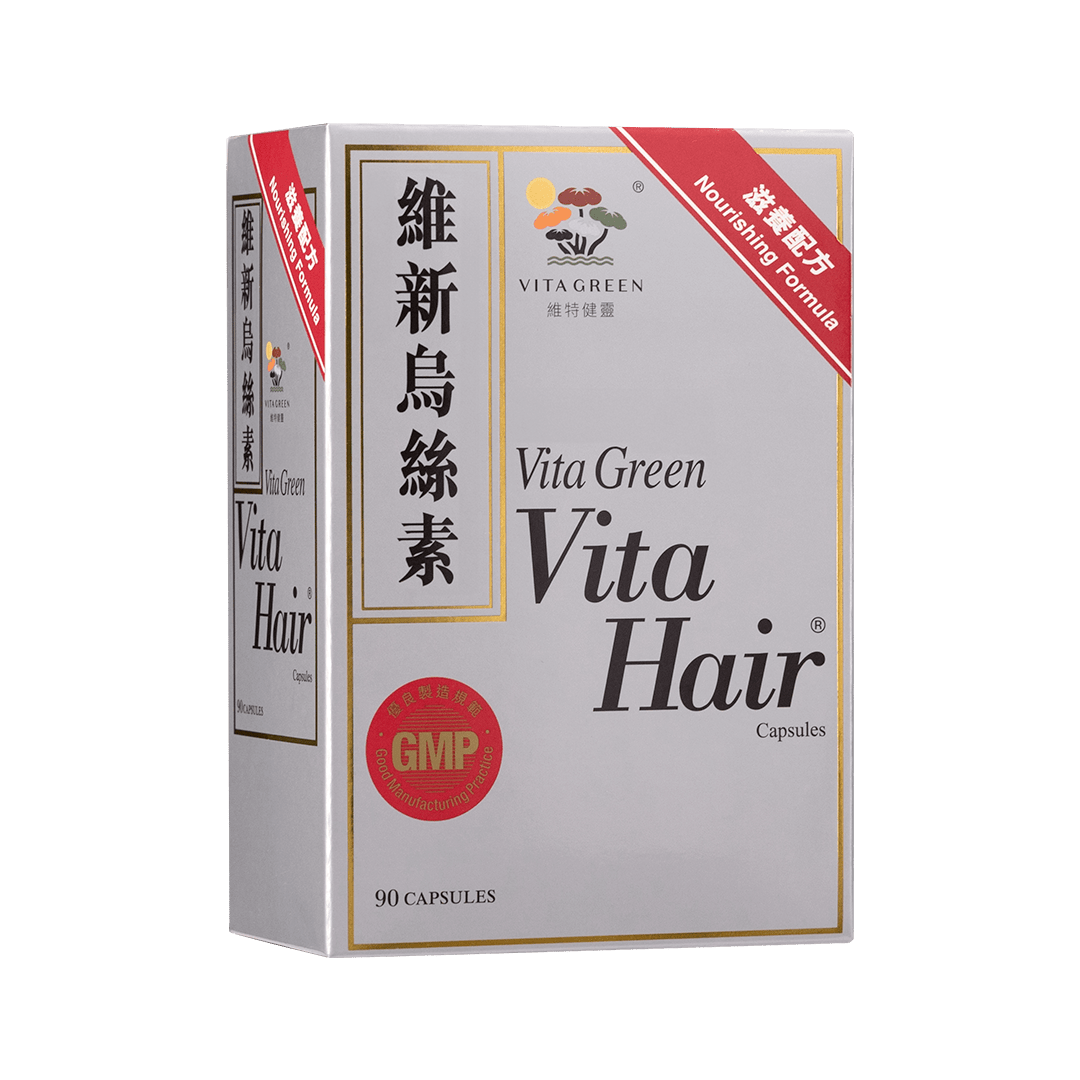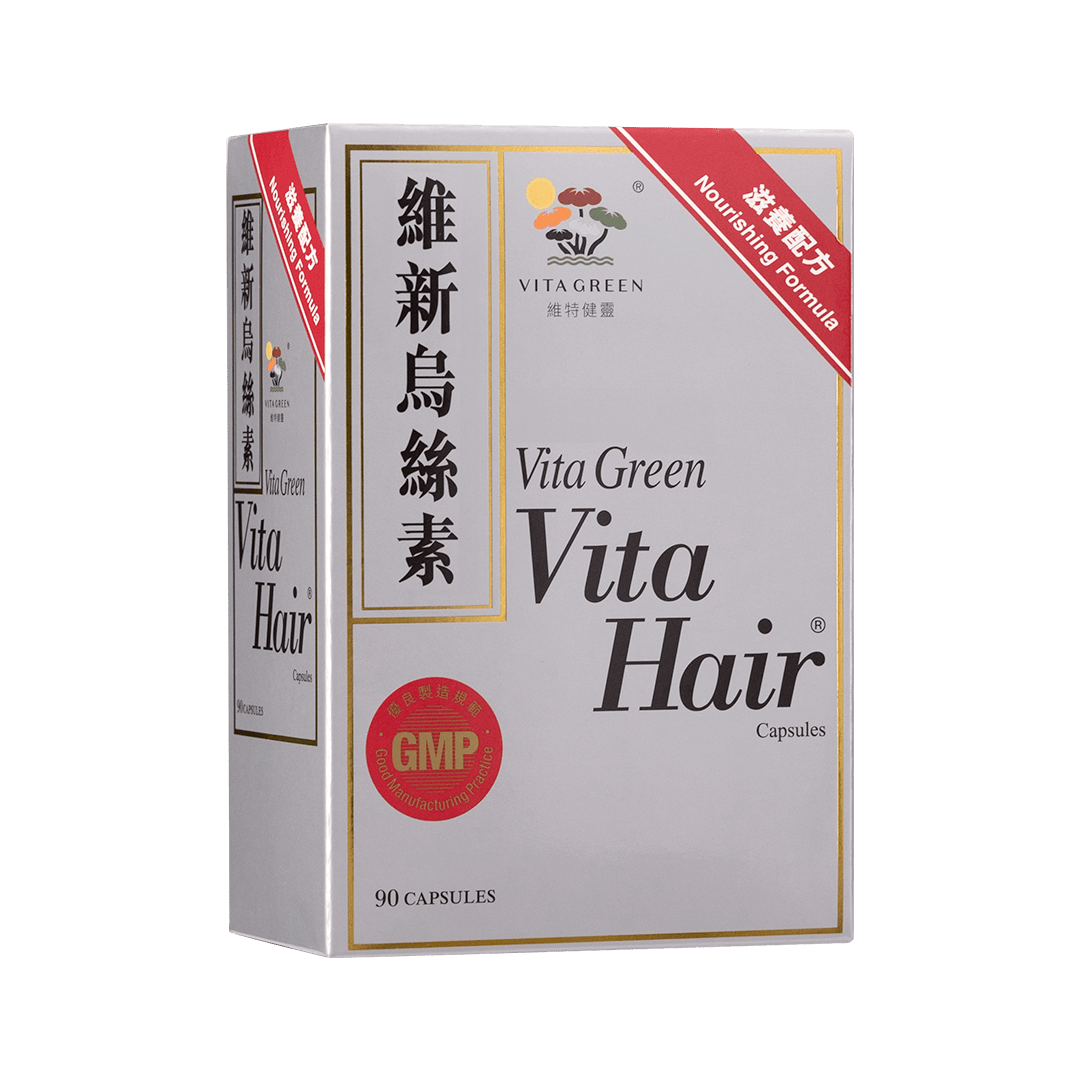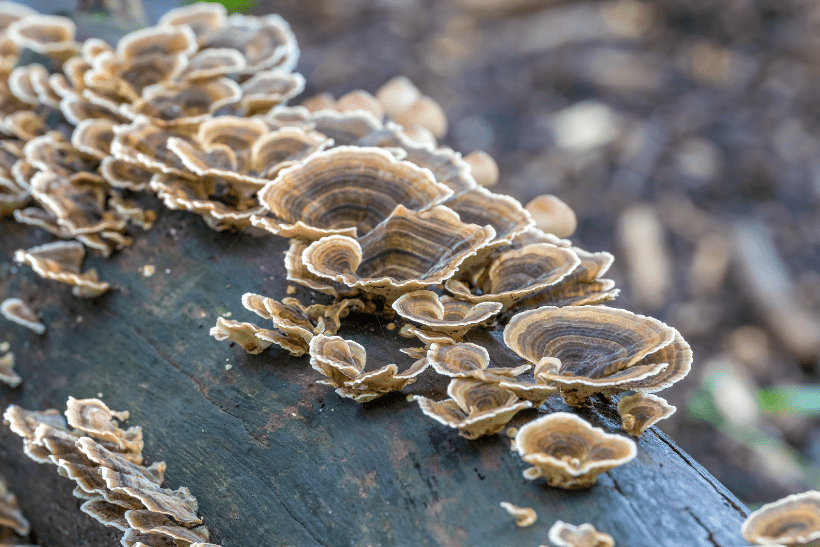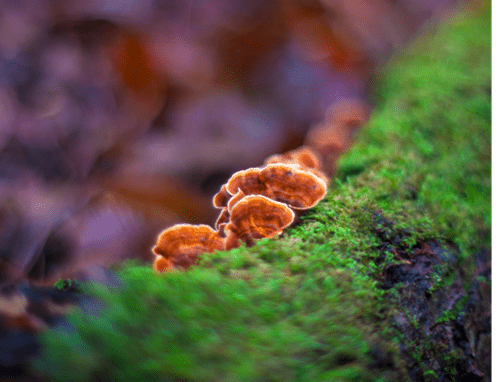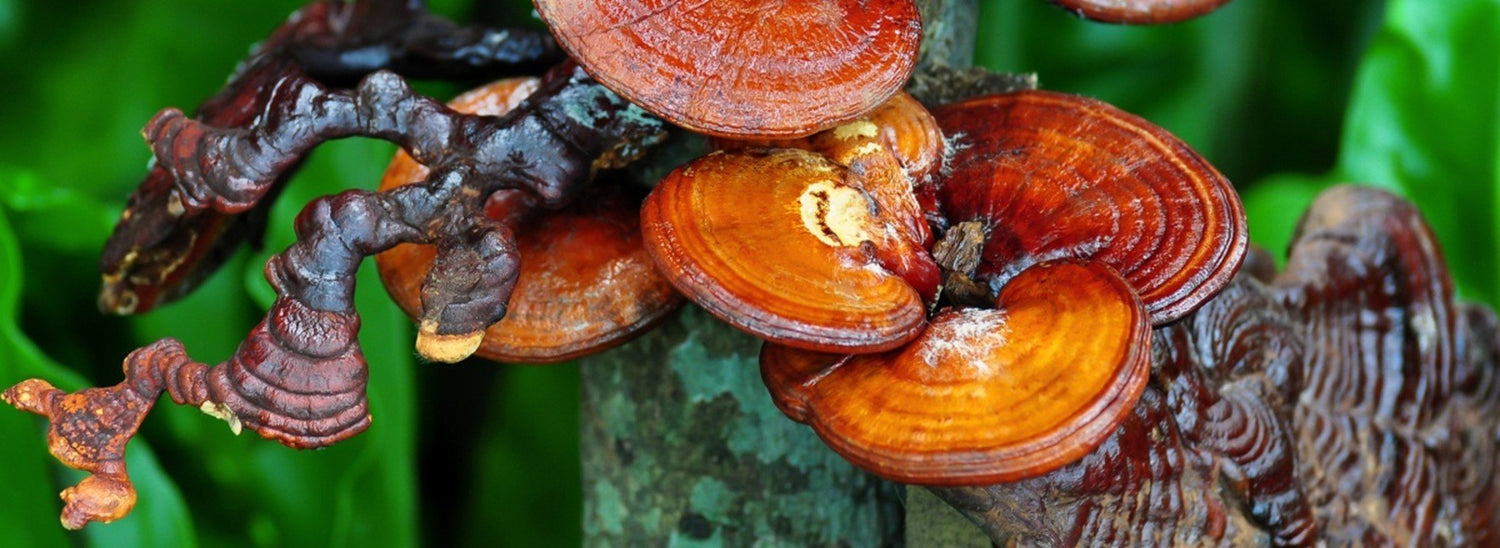Are you suffering from hair loss? Are you considering using medications like minoxidil or finasteride to treat it, but are worried about the potential side effects? There are many ways to treat hair loss, and each person's experience with it may be different as there is no correct answer when it comes to choosing the best treatment for hair loss - what works for one person may not work for another.
Some people choose to take these two well-known medications like: minoxidil and finasteride as both of these drugs have been known to be effective in most patients, but they do also come with some potential side effects. So, before deciding whether to take either Of these medications, it's important that you weigh the benefits against the risks.
Alternatively, there are several herbs that have been proven to be effective at reversing hair loss without any of the potential side effects of medication. Read further to know some of the most popular herbs for reversing hair loss and see how they compare to minoxidil and finasteride .
Minoxidil Largely Effective at Treating Hair Loss, But With Various Symptoms
Minoxidil was first established as an edible drug for the treatment of high blood pressure in 1970s. Doctors then observed a side effect of increasing new hair or darkening of body hair, which led to the invention of a topical minoxidil formulation for treating androgenet ic alopecia (AGA ), in men and women individuals. In 1986, the 2% minoxidil treatment was introduced to the market to treat female androgenic alopecia, followed by the 5% solution in 1993 to treat male androgenic alopecia (Suchonwanit et al,2019).

Although topical minoxidil is an excellent remedy for hair loss, many patients are dissatisfied due to the product's requirement to be used twice daily with unpleasant hair texture, and scalp discomfort. PubMed searches study shows that in recent years, people who have issues with topical applications used low- dose of oral minoxidil as an effective alternative to treat hair loss. But like any medications used, various side effects can occur when taking minoxidil.
Study on evaluation of oral minoxidil in the treatment of alopecia areata has shown that through the use of oral minoxidil of 5 mg twice day and controlled sodium intake of 2g was studied in 65 patients with alopecial areata. Patients treated with oral minoxid il had a higher rate of hair regrowth than patients treated with 5% of Minoxidil Solution. However only 18% of the patients showed a noticeable increase in terminal hairs with negative symptoms were found such as headache, palpitation, and face hypertrichosis (Fiedler- Weiss,19 87)

Minoxidil Symptoms Include Hypertrichosis, Among Others
Another study found from multicentre study with a wide group of 1404 patients who participated and treated with low-dose oral minoxidil (LDOM) for at least 3 months with any types of alopecia—determined and evaluated the safety of low-dose oral minoxidil. This study had (943 women [67.2 %] and 461 males [32.8%]) of individuals, with an average age of 43 years (ranging 8-86) showed outcome of:
- 1% developed hypertrichosis-excessive hair growth anywhere in body
- 5% treatment discontinuation in 14 patients
- 7% light-headedness
- 3% fluid retention
- 9% tachycardia-irregular heart rhythm or increase of heart rate
- 4% headache
- 3% peripheral edema- puffy eyes
- 2% sleeplessness
Due to these severe side effects explained above, it led to drug discontinuation in 29 individuals (1.2%). There were no life-threatening side effects detected (Vañó-Galván et al, 2021).

Finasteride a DHT blocker for Hair Loss
Finasteride is a prescription medication that is available as an oral tablet. Proscar and Propecia are two well know brand medications that contain finasteride, but it can also be purchased as a generic medicine. Finasteride is used to treat a variety of conditions, depending on the medication type. This medication helps to lower the body's levels of growth hormone dihydrotestosterone (DHT). DHT reduction helps in the prevention of prostate enlargement as DHT is known to promote your prostate to enlarge. But it also promotes hair growth and reduces hair loss on your head or as known as a treatment for ' male pattern hair loss' (MPHL).

Finasteride Symptoms: 92% Develop Sexual Side Effects
Several randomized, controlled studies for the treatment of male pattern baldness have been conducted to analyze the sexual side effects of finasteride for male pattern hair loss. The United Kingdom's Medicines and Healthcare Products Regulatory Agency and Sweden's Medical Products Agency cy stated the 'persistence of erectile dysfunction after discontinuation of treatment with Propecia' (S.Irwig and Kolukula). As standardized questionnaires shows that 71 healthy males aged from 21–46 years indicated new sexual adverse effects related with the temporal use of finasteride and symptoms that lasted for at least 3 months upon withdrawal of finasteride. Participants reported new-onset persistent sexual dysfunction as a result of taking finasteride:
- 94% developed low libido
- 92% developed erectile dysfunction
- 92% developed decreased arousal
- 69% developed problems with orgasm

Finasteride Symptoms:
Healthline , Mayo clinic and NHS indicate that the negative side effects and serious symptoms could occur when taking the drug include:
- reduced desire for intimacy
- Having difficulties getting or maintaining an erection
- skin rash, itching
- Bloating or swelling on body and face
- breast size enlargement and tenderness
- rapid and unusual weight gain or loss
- unusually depressing mood
- lumps or pain in your breasts
- nipple discharge
Medications like finasteride and minoxidil have been approved by the Food and Drug Administration of the United States (FDA, USA) to promote hair growth. However, the effectiveness of these drugs varies greatly among individuals, have unwanted side effects. Relatedly, many people who suffer from alopecia hair loss are concerned about the side effects associated with conventional therapies, and complementary and alternative medicine (CAM) has thus been suggested as a new treatment for alopecia . In particular, traditional Chinese herb is an important part of healthcare in East Asia , and it is commonly used to treat alopecia patients.
Chinese Herbal Remedies for Hair Loss Without Side Effects
Both minoxidil and finasteride are well-studied medicines that are generally considered safe. However, like other drugs these two treatments have a number of limitations. Their effectiveness and safety are debatable, and the time needed to fulfill the desired result is both long and uncertain . This has raised attention in developing a new way to tackle hair loss by using treatments including herbs and or excluded active substances. Numerous research (mainly randomized, placebo-controlled) has been conducted on herbs and plant products to prove their efficacy cy in treating hair loss. (Zanoc, et al, 2020)
Reishi
The Reishi Mushroom, Also Known As Ganoderma Lucidum or Lingzhi , is a history herb Known as the " Herb of Divine Energy ", JAPAN, Korea and Other Asian N ATIONS (WASSER, 2005). For About 2000 Years, this nutritious mushroom has been used in combination with other herbal medicines to cure and avoid a variety of severe illnesses and diseases. This herbal mushroom has a wide list of health benefits, including lowering blood pressure, boosting your immune system , improving cholesterol level, decre ased anxiety, and lowering risk of heart disease. Moreover, the reishi fungus has been shown to be beneficial towards skin, preventing hair loss and premature hair loss. Reishi mushrooms have effects on our hair as it has an anti-inflammatory benefit, in combination to being packed in antioxidants .
This antioxidant does not only enhance the circulation of blood and increase blood flow, but also enables more oxygen, nutrients and minerals to enter the scalp and encourage healthy hair development as hair breakdown and loss can be due to different health concerns, one cause of poor hair growth is caused by inadequate of blood circulation in the scalp. Research has shown that Reshi also helps treat and restore hair loss as it could serve as a DHT blocker . When hair follicles become more responsive to DHT, DHT connects to receptors in the hair follicles, causing them to diminish and result in androgenetic alopecia (as known as female and male pattern hair loss and baldness). In a study done on the anti-androgenic properties of mushrooms , Reishi was found to prevent the conversion of testosterone into DHT , a significant factor in male pattern baldness. This suggests that Reishi may have the ability to prevent pattern baldness (Ogdon-nolan, 2021) It is believed that Reishi includes properties that increase hair growth, strengthen roots, and enhance fullness, thereby significant ly improving overall hair health.

Fo-ti
FO-TI or Also Known as Radix Polygoni Multiflori (RPM) is a Tradingal Chinese Herb Medicine with History in Hair Growth Promotion and Hair Blackening. A Study Called Mechanical Studies on the user of Polygonum Multiflorum for the Treatment of Hair Graying Was Done using double blind, placebo-controlled and has shown that after taking P. multiflorum for 3 and 6 months, studies revealed a significant improvement during the treatment of hair loss (25 in 26 participants, 97%) and perceived hair appearance (20 in 26 participants, %). Furthermore, 77% of women who took polygoni multiflora reported “thicker hair,” which was rated as “significant” and “dramatic improvement”.

Herbal Eclipta
Eclipta prostratal is an annual plant that is used as a medicinal herb. It has been used in traditional chinese medicine to tonify the kidneys and liver, which are essential for the body's vital fluids (Lin et al.2010). EP has been shown to have anti-inflammatory (Ryu et al. 2013 ; Kim et al. 2017 ; Morel et al. 2017 ), antioxidant (Kim et al. 2008 ; Lee et al. 2009 ), and anti-hyperlipidaemic properties (Ryu et al.201 3 ; Kim et al.2017; Morel et al.2017) (Kumari et al.2006; Dhandapani2007). The study results suggest Eclipta Prostrata promotes the induction of anagen and sustains the anagen phase in the dorsal skin of mice, and taking eclipta prostrata Has a potency to enhance the growth of hair follicle , promoting hair growth (Keun-Hyeun et al. 2019).

Findings from study Alopecia: herbal remedies indicate that there are numerous herbal medications for treatments and remedies that are effective in treating alopecia with no negative impacts and side effects. As herbal extracts with various phytoconstituents can treat alopecia by acting as DHT and 5--Reductase blockers or by providing nutrition. (Kaushik and Yadav,2011).
A Proven Herbal Remedy for Hair Loss with No Side Effects
Vita Hair is a proven herbal supplement for faster hair growth, hair loss & thinning hair that merge the benefits of western science to redefine eastern herbal tradition as ancient Chinese herbal tradition. This all made from herb supplement also uses 13 types of natural herbs as the key ingredients to improve blood circulation and nutrient supply to the hair follicles in order to grow longer and thicker hair, research shows that taking Vita Hair increased 60% more hair growth than control group in 90 days.

Reference
- Campese VM. Minoxidil: a review of its pharmacological properties and therapeutic use. Drugs . 1981;22(4):257–278. doi:10.2165/00003495-198122040-00001 [ PubMed ] [ CrossRef ] [ Google Scholar ]
- Clinic, Mayo. “Finasteride (Oral Route) Side Effects - Mayo Clinic.” Mayo Clinic - Mayo Clinic , https://www.mayoclinic.org/drugs-supplements/finasteride-oral-route/side-effects/drg-20063819 ?p=1. Accessed 31 Mar. 2022.
- Fiedler-Weiss VC. Topical minoxidil solution (1% and 5%) in the treatment of alopecia areata. J Am Acad Dermatol . 1987;16(3 Pt 2):745–748. doi:10.1016/s0190-9622(87) 80003-8 [ PubMed ] [ CrossRef ] [ Google Scholar ]
- Fiedler-Weiss VC, Rumsfield J, Buys CM, West DP, Wendrow A. Evaluation of oral minoxidil in the treatment of alopecia areata. Arch Dermatol . 1987;123(11):1488–1490. [ PubMed ] [ Google Scholar ]
- Kaushik, Rahul, D. Gupta, and R. Yadav. "Alopecia: herbal remedies." International Journal of Pharmaceutical Sciences and Research 2.7 (2011): 1631.
- NHS. “Finasteride: A Medicine Used to Treat Benign Prostate Enlargement and Hair Loss - NHS.” Nhs.Uk , 28AD, https://www.nhs.uk/medicines/finasteride/#:~:text=Finasteride%20can% 20give%20you%20side,life%2C%20speak%20to%20your%20doctor.
- Randolph, Michael, and Antonella Tosti. “Oral minoxidil treatment for hair loss: A review of efficacy and safety.” Journal of the American Academy of Dermatology vol. 84,3 (2021): 737-746. doi:10.1016/j. jaad.2020.06.1009
- Rossi A, Cantisani C, Melis L, Iorio A, Scali E, Calvieri S. Minoxidil use in dermatology, side effects and recent patents. Recent Pat Inflamm Allergy Drug Discov . 2012;6(2):130–136. [ PubMed ] [ Google Scholar ]
- S. Irwig, Michael, and Swapna Kolukula. “Persistent Sexual Side Effects of Finasteride for Male Pattern Hair Loss - ScienceDirect.” ScienceDirect.Com | Science, Health and Medical Journals, Full Text Articles and Books. , https://www. sciencedirect.com/science/article/abs/pii/S1743609515335566. Accessed 31 Mar. 2022.
- Suchonwanit, Poonkiat et al. “Minoxidil and its use in hair disorders: a review.” Drug design, development and therapy vol. 13 2777-2786. 9 Aug. 2019, doi:10.2147/DDDT.S214907


